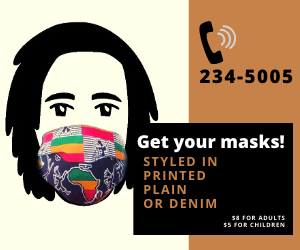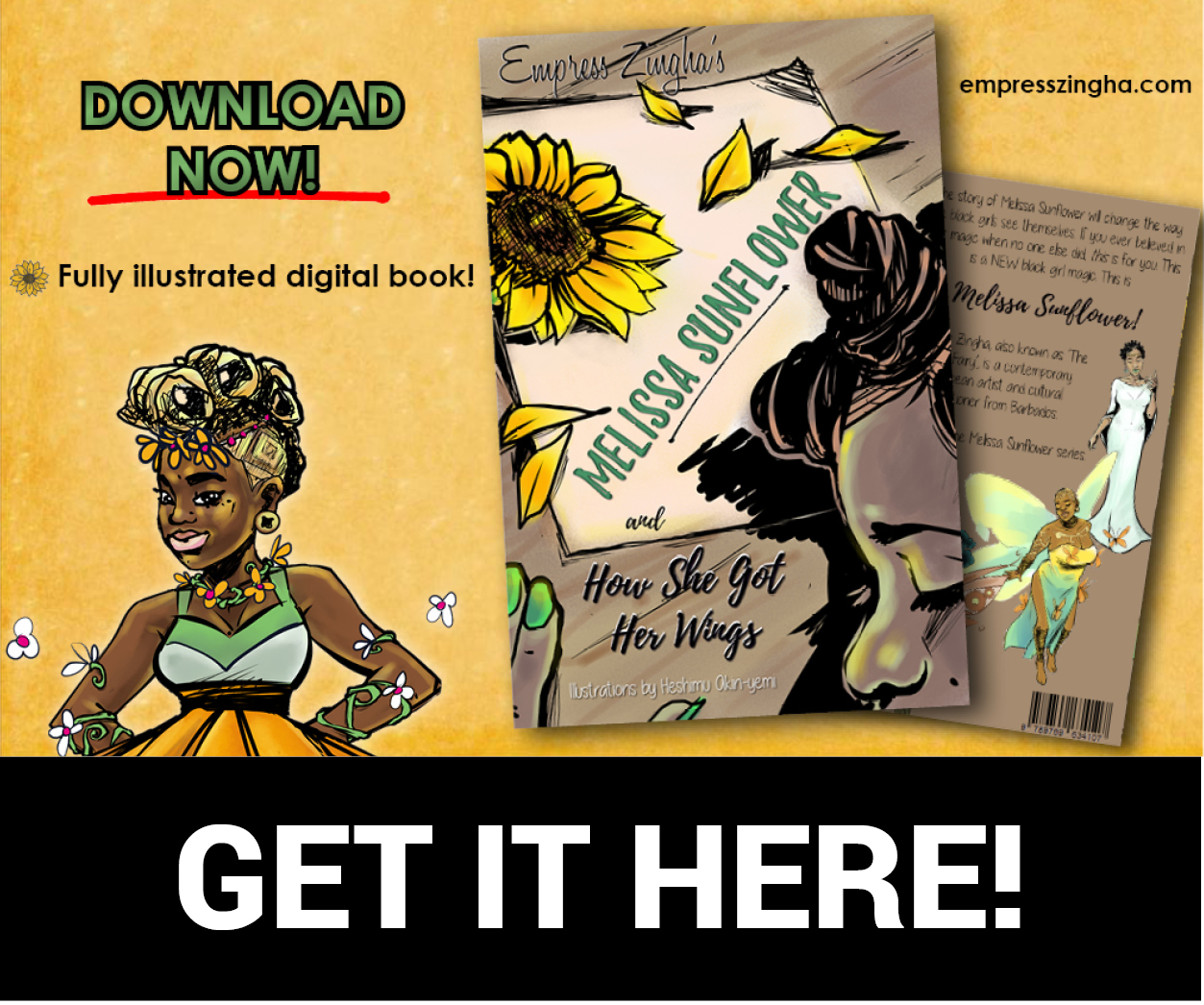Racism is ingrained, institutionalized, internalized, and insidious.
From the COVID-19 pandemic to the ongoing and repeated acts of black racial violence in the USA that have been occurring there since 1865 to silence about police brutality in Barbados, I hear the fluid and complicated ways that people use racism, institutionalized racism, and internalized racism to describe what we are experiencing and witnessing.

Racism refers to the systematic and strategic ways that events, policies, and laws are set up to reinforce entitlement and privilege for one subset of people while simultaneously belittling and dis-enfranchising others based on their appearance and experiences.
However, although “discrimination” may be prevalent in a lot of cases, the use of “racism” makes more sense when patterns and effects from these acts show a negative impact on the targets’ health, wealth and/or wellbeing.
In the USA, racism is more overt. Divisive lines are drawn in the very identity tagline. Such terms do not account for ancestry, location or point of origin. In the UK, white classism is understood, and then racism is reinforced. In that regard, the right to discriminate, discern and be decent in covert ways reinforce Eurocentric standards of class and decorum as ideal.
When we discriminate against other groups, we may call it institutionalized racism, especially when classism, homophobia, schooling, and sexism, (among others) help to uphold it. In the Caribbean, the ideal persona profile, the white, educated, rich patriarch is a myth. In its place is “white/adjacent”, people who construct their reality and are accepted as white. Because we live in societies where many people are not white, we may tend to think that racism is the term to apply when we are being critical. Further institutions like the banks and the legal system get trapped because their systems still reflect these biases in their operating practices.

In the Caribbean, our far-sighted lens does not often pick up these concerns because our racism is internalized. As descendants of enslavement and colonialism, we certainly carry the blood of African, Indigenous people and European in our veins (among others). Institutions like school, through language and decorum, help condition us to be “civilized”. We internalize Eurocentric standards to excuse racialized acts. We do not consider the ways that these violent acts perpetuate exclusive re-colonizing narratives that harp back to pre-emancipation times.
Institutionalized and internalized racism reinforces systems that continue to sow discord and exclusion in subtle ways. It succeeds because we continue to condone violent act normal in certain cases, while understanding that others, and especially white people, do not need this kind of treatment.
There is simple but not easy solution: STOP IT! Stop participating in acts of division and exclusion. THINK! Notice the places where you were co-opted to act out or accept these acts as normal. ACT! Let’s think about the ways we can be strategic about celebrating our personal histories, economies (of business), and realities as a matter of policy, instead of waiting to be “inspired” by the next media frenzy.
Please respond. Dr. John is happy to reply!

Cultural Studies
UWI Cave Hill
Culture Clinic is a weekly column crafted by Dr. John Hunte. Photography by Adrian Richards.











Add Comment